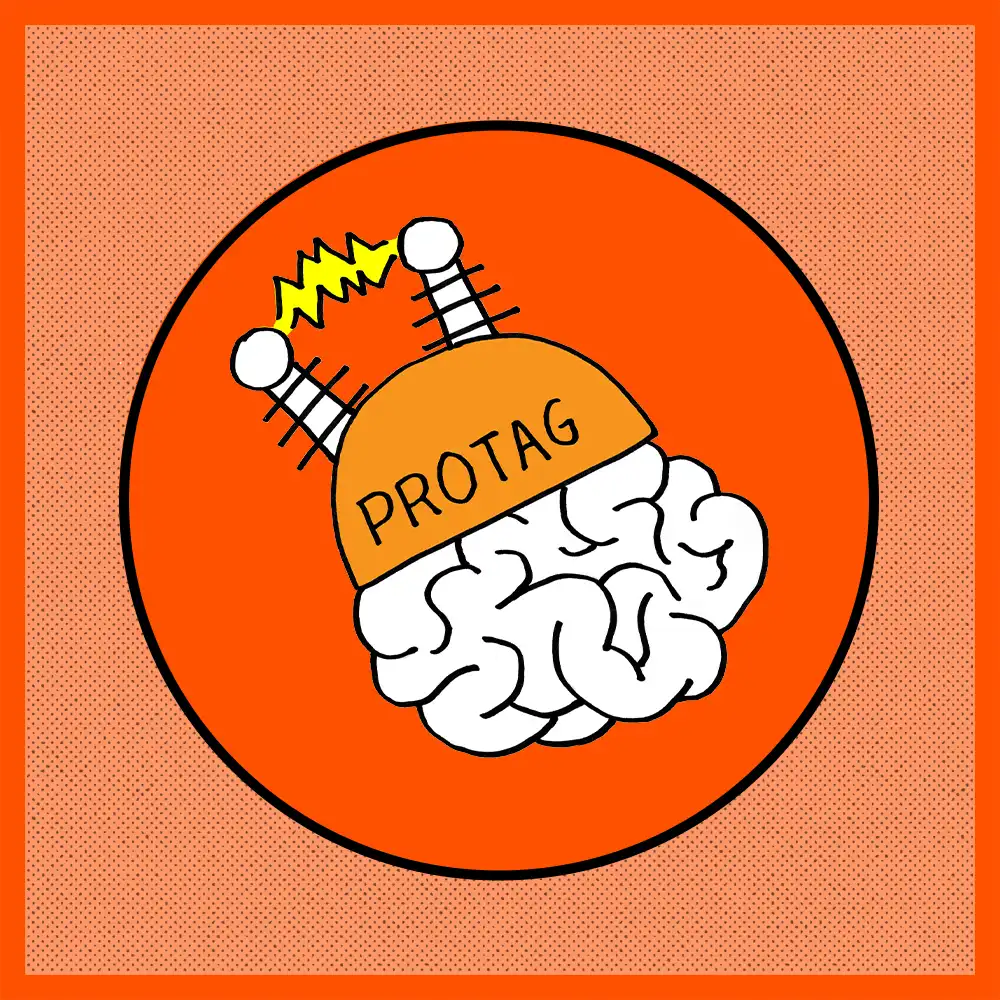/
How to Embrace the Hero’s Journey & Become the Hero of Your Own Life
If someone made a movie or a best-selling book about your life, would you be the protagonist? Do you take responsibility for the situations you find yourself in and tackle them with grit and persistence?

If this doesn’t describe your life yet, don’t panic—there’s still time to learn. Imagining how some of your favorite main characters would handle challenges in your life is a powerful tool for gaining new perspectives. This shift in mindset can fundamentally change how you approach struggles, relationships, and your overall sense of purpose.
And it all starts with the Hero’s Journey.
The Hero’s Journey: A Brief Overview
The Hero’s Journey is a narrative structure that underlies some of the oldest remembered stories. It was popularized by Joseph Campbell in The Hero with a Thousand Faces, where he identified common elements in myths and stories across cultures. This framework typically involves stages such as:
✅ Protagonist – The central figure who embarks on a quest.
✅ The Call to Adventure – The hero is presented with a challenge.
✅ Quest – The journey begins, often requiring courage and determination.
✅ Allies & Mentors – Supportive figures who guide and assist the hero.
✅ Obstacles – Trials and setbacks that test resilience and growth.
✅ Transformation – The hero undergoes personal change, gaining wisdom or strength.
✅ Legacy – Returning with new insights and impacting the world around them.
This story framework has been adopted by Hollywood, leading to the creation of iconic films like Star Wars and The Lion King. While some may argue that the Hero’s Journey has become cliché, it remains a powerful tool for understanding personal growth and transformation.
🎧 Click here to listen to a deeper discussion of this topic
The Power of Perspective
A key insight for any protagonist is understanding that while our circumstances may not change, our perspective on them can. Challenges are often tools of personal growth. Rather than trying to avoid them, reframing them can help us harness our natural motivation.
A study conducted by Benjamin Rogers and colleagues found that when individuals reframed their life stories using the Hero’s Journey framework, they reported a greater sense of meaning in their lives. Seeing struggles as part of a larger narrative makes them feel purposeful rather than isolating.
Viktor Frankl’s Influence
Viktor Frankl, a renowned psychiatrist and Holocaust survivor, emphasized the importance of finding meaning in suffering. He famously stated, “Everything can be taken from a man but one thing: the last of the human freedoms—to choose one’s attitude in any given set of circumstances.”
This idea deeply aligns with the Hero’s Journey, highlighting the protagonist’s ability to choose how they respond to adversity. By adopting a protagonist mindset, we can take control of our narratives and find purpose even in the most challenging situations.
How to Adopt a Protagonist Mindset
1. Embrace Personal Responsibility
A protagonist takes ownership of their life and choices. Even when faced with uncontrollable situations, they recognize that they have the power to respond and adapt. Instead of being a passive observer, you become an active participant in shaping your story.
2. Cultivate Grit and Persistence
Protagonists are characterized by their determination to overcome obstacles. They understand that failure is often a part of the journey, and resilience is crucial. Embracing try-fail cycles as a natural part of growth leads to significant personal development.
Focusing on Meaning and Purpose
A protagonist seeks out meaning in their experiences. Connecting with something larger than yourself—whether it’s a community, a cause, or a personal mission—enhances fulfillment and happiness. Seeing struggles as part of a larger quest provides motivation to keep going.
The Interconnectedness of Stories
While we are the central characters in our own lives, everyone else is also the hero of their own story. Our narratives intertwine, creating a rich tapestry of experiences and relationships. This interconnectedness highlights the importance of empathy and support for others.
Contributing to Something Greater

Research shows that people who engage in activities that benefit others—whether through volunteering, community service, or simply being there for friends—report higher levels of happiness. By contributing to something greater than ourselves, we find deeper meaning in life.
Overcoming the Victim Mentality
A major barrier to embracing the protagonist mindset is a victim mentality. This mindset traps us in a cycle of helplessness, making us feel that external circumstances dictate our happiness.
1. Recognize Your Power
The first step in overcoming the victim mentality is recognizing that you have the power to change your narrative. This means taking ownership of your choices and understanding that you can influence your circumstances, even if you can’t control them entirely.
2. Shift Your Perspective
Instead of thinking, “Why is this happening to me?” ask yourself, “What can I learn from this experience?” This shift helps you see obstacles as opportunities for growth.
Famous Protagonists Who Embody This Mindset

Many well-known fictional heroes illustrate the power of embracing the Hero’s Journey. Their transformations—from reluctant individuals facing adversity to empowered figures rising to the challenge—demonstrate the universal lessons within this framework. Characters like Tony Stark (Iron Man), Katniss Everdeen (The Hunger Games), and Neo (The Matrix) each experience trials that force them to grow, adapt, and ultimately become the heroes of their own stories.
Your Life as an Epic Story
By adopting a protagonist mindset, we can navigate challenges with resilience, seek meaning in our experiences, and build connections with others.
So, as you navigate your own journey, consider how you can embody the qualities of a protagonist:
✅ Seek out your allies.
✅ Embrace your challenges.
✅ Remember that your story is uniquely yours—an epic waiting to unfold.
The Hero’s Journey isn’t just a storytelling device; it’s a powerful framework for self-growth. By viewing our experiences through this lens, we can transform struggles into stories of triumph.
Take Action:
Discover more examples of the Hero’s Journey in action! Check out our article featuring movies that perfectly illustrate these ideas.
Read next – Be the Protagonist of Your Own Story: Lessons from Iconic Heroes

Brent Diggs is a generalist with a broad set of interests, experiences, and skills. He is passionate about cognitive bias, social psychology, and all the irrational forces that convince us we are rational. His work has been featured in The Ominous Comma, Mind Over Memphis, and over 1500 product tutorials.
Oh yeah, he’s also the host of the Full Mental Bracket podcast.